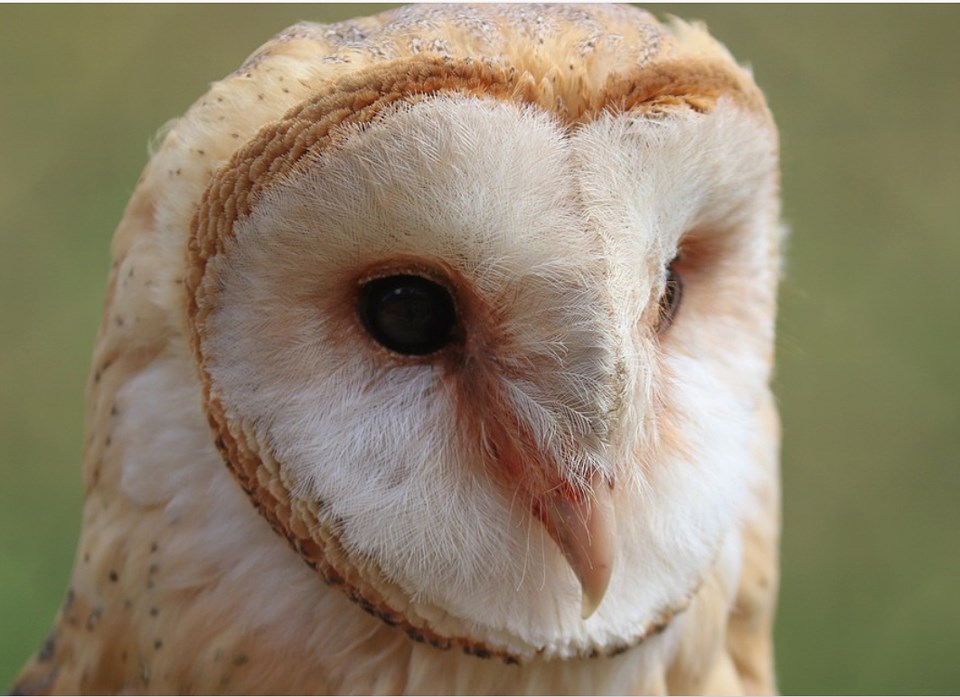It’s more good news for raptors and other birds of prey in Delta and throughout the province.
The B.C. government recently announced it is moving forward with permanent regulatory changes that will ban the widespread sale and use of second-generation rodenticides (SGARs).
They pose a risk of poisoning to animals that eat poisoned rodents, so, to begin reducing that risk, the Ministry of Environment and Climate Change Strategy in July 2021 established an 18-month ban on the sale and use of SGARs.
During that temporary ban, the ministry says it spoke with technical experts, reviewed the science, outlined proposed regulatory amendments in an intentions paper this year and held a public consultation.
In a news release, the ministry notes, to align with the end of the temporary ban, the revised Integrated Pest Management Regulation will come into effect on Jan. 21, 2023.
The regulation will prohibit the sale and use of SGARs in B.C. for all members of the public, as well as most commercial and industrial operations.
Only select sectors deemed "essential services," such as hospitals and food production, will be able to purchase and use SGARs, provided they meet the requirements or hire a licensed pest-control company contracted to do the work, the ministry explained, adding the requirement includes holding a certificate and licence, having a site-specific integrated pest-management plan and recording its use.
The changes will reduce unnecessary pesticide use by requiring individuals and businesses to focus on other methods of pest control, such as traps, less toxic rodenticide alternatives and removing food sources, the ministry adds.
Pesticide use in Delta and elsewhere is regulated by federal, provincial, and, to an extent, municipal governments.
The provincial Ministry of Environment and Climate Change regulates pesticide users and vendors under the Integrated Pest Management Act.
According to East Ladner-based Orphaned Wildlife Rehabilitation Society (OWL), rodenticides may not have been intended for raptors and other predators, but it is not selective in what it kills.
Despite what many people are told, and what is written on labels, no poison is safe to use, OWL warned.
“When rodents eat the poison bait, death can take several days and before they die, they are free to roam. During this time they become weakened from internal bleeding, which makes them easier prey for predators and in turn poisons them. Many studies have been done and show that a wide variety of species contain traces of rodenticides, not just hawks and owls. Foxes, bobcats, cougars, coyotes, raccoons, skunks, and even pet cats and dogs can contain traces,” the bird of prey rescue organization explains on its website.
“Rats who have eaten poisoned bait do not stay within the bait boxes and die. They can end up dying in the walls of your house, your attic, or become a meal for a predator or scavenger, which in turn can poison them.”
The delayed onset of symptoms, combined with their recognition of the bait as a food source, permits the poisoned rat to continue feeding at the bait stations for days leading up to their death.
The advocacy group Rodenticide Free BC notes that by poisoning raptors and other predators that feed on rodents, rodenticides effectively reduce the efficacy of natural and chemical-free means of controlling rat populations.
The Vancouver Humane Society (VHS) said it applauds the province’s move to address rodenticide poisoning of wildlife and pets, but raises concerns that gaps continue to leave animals at risk.
In a news release, the VHS noted that the proposed regulations, like the temporary ban, would still allow other types of rodent poisons and would permit the use of SGARs in many exempt locations, including those with frequent wildlife activity like garbage dumps. Non-target animals who eat poisoned rodents, such as owls and domestic cats, are at risk of secondary poisoning.
VHS campaign director Emily Pickett responded, “The B.C. government’s decision to significantly restrict the use of second-generation anticoagulant rodenticides is an important step in the right direction. However, there are concerns about gaps in the regulations that were raised by the Vancouver Humane Society and many other respondents during the online comment period.”
In addition to concerns about exempt locations and other dangerous poisons that will still be permitted, the VHS raised red flags that the updated regulations may amount to a complicated patchwork of rules.



